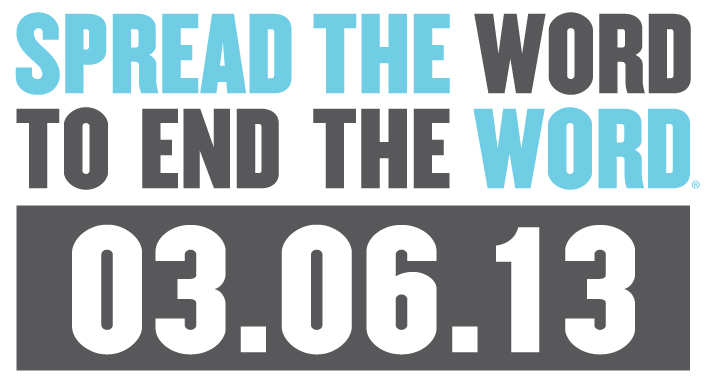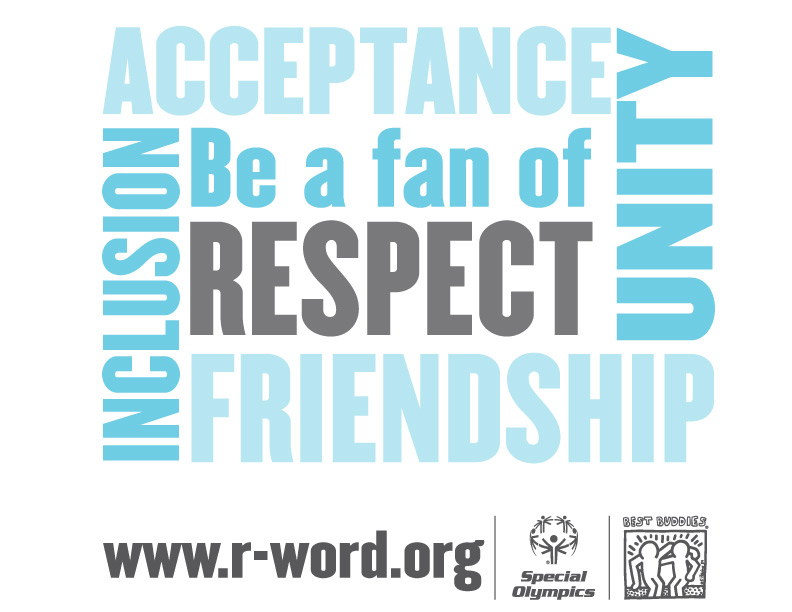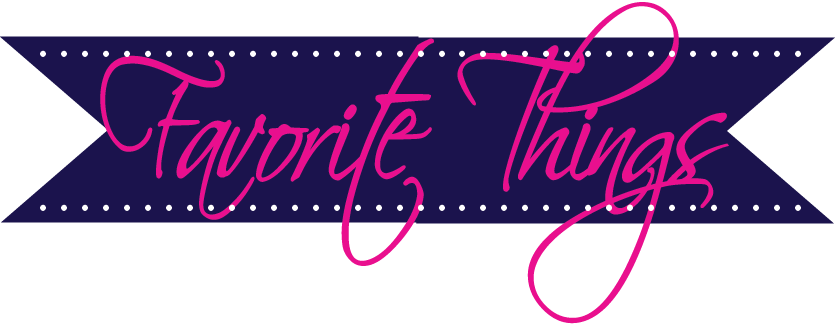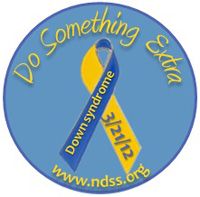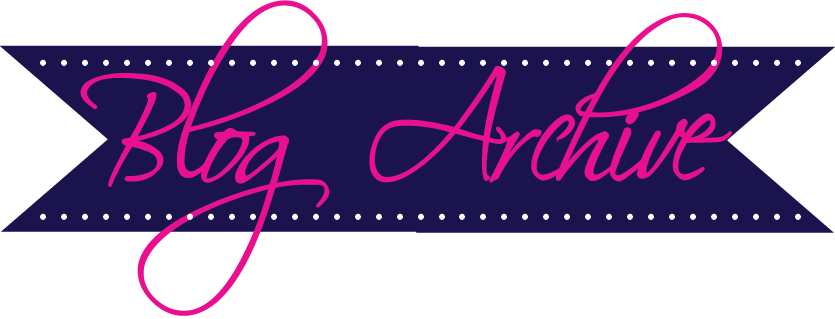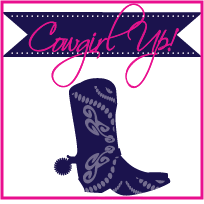"My God, my God, why have You forsaken Me?"- Matthew 27:45-46
Good Friday is the Friday before Easter Sunday when Christians commemorate the crucifixion of Jesus Christ and his death at Calvary. As a Catholic child it was hard to reconcile this violent story of Jesus Christ being betrayed by his followers and ultimately sacrificing his life for the sins of all mankind with a weekend celebration of pastel dresses and chocolate bunnies.
As a parent, it is now even more difficult to think of your child calling out for you in his final moment of need.
In the story of the Passion of Christ as told by Matthew 27:45-46, Jesus cried out for his father, "My God, my God, why have You forsaken Me?" and then he hung his head on the cross and died.
Robert Ethan Saylor Cried Out For His Mother
 |
| Robert Ethan Saylor in this undated family photo. |
And Now The Down Syndrome Community Cries Out For Justice
First and foremost, our family grieves and offers our most sincere condolences to the family of Robert Ethan Saylor.
Imagine for a moment you have a child. A child who was born with an extra 21st chromosome. A child who might not always be able to communicate in the most clear and exact manner. Imagine that your child has grown up and is in a stressful situation. A situation that he may not be emotionally equipped to diffuse or manage. Imagine that because your child has Down syndrome, strangers are "afraid to get involved" in this stressful situation. Imagine that you sent your child to a movie with an aid--a helper--and then imagine that your child never comes home.
Why, you ask? Why doesn't he come home? He had just watched a very intense and emotional movie, Zero Dark Thirty and wanted to watch it again. Have you seen the movie? It's incredibly intense. It took my husband and I at least two hours afterwards to finish talking about it. Imagine your child's aide goes to get the car and in the meantime, not one, not two, but three undercover officers somehow end up restraining your child on the floor on his stomach and handcuffing him. Imagine that your child goes into respiratory distress while being held down on his stomach by three officers and then dies as a result of asphyxia. Yes-- dies. Read that word again, your child dies. On the floor of a movie theater. Over a $12.00 movie ticket.
Was your child armed? No. Did your child have a gun? No. Did your child have a knife? No. Your child wanted to watch a movie again and for the price of a movie ticket, he dies. At the hands of three officers. Your beautiful 26-year-old son dies.
Imagine that your child's last words, as heard by witnesses, were calling out for you, "Mommy, help me."
What does that mean, you ask? It means that because your child has Down syndrome he was subjected to an incredible and unbelievable violation of his human rights.
Where is the outcry, you ask? Where are the riots and the protests? Perhaps if your child was the victim of a religious, racial, sexual or hate crime such an outcry might be heard. Might not be ignored. Might be taken more seriously. Might be considered more worthy of justice and action.
But instead, your child has a developmental disability. Your child has Down syndrome. As Robert Ethan Saylor's death shows us, your child's life is not as valuable or as precious as a "typical" person's life because your child has a genetic variation that he was born with that somehow makes him both scary and child-like all at once. How is that even possible?
Why was such a non-violent, non-dangerous situation turned into a death sentence? Why didn't cooler heads prevail? Why didn't a single person stand up for Robert? Why didn't one person say, "This was a very intense movie. It was very violent. It was difficult to grasp. Why don't we wait until his mother is here?" Why? Why, God? Why was Robert Ethan Saylor forsaken?
Why did a grand jury rule that there was no crime committed when the Chief Medical Examiner's Office of Baltimore ruled Saylor's death homicide by asphyxia?
Robert Ethan Saylor's death is a case of police brutality. Excessive force and unnecessary cruelty. This is a civil rights matter.
National Down Syndrome Congress Demands
Independent Investigation Robert Ethan Saylor's Death

The National Down Syndrome Congress along with the International Down Syndrome Coalition is pushing for answers and for an independent investigation of Robert Ethan Saylor's death. In a statement released on March 27, 2013 the NDSC states:
The National Down Syndrome Congress (NDSC) believes that Robert Ethan Saylor’s civil rights were violated when he died after being restrained by three off-duty Frederick County, MD, Sheriff’s deputies. Although the coroner ruled Saylor’s death a homicide, a grand jury declined to indict the deputies.
“We cannot comprehend the series of poor decisions that were made leading to Ethan’s death,” noted David Tolleson, Executive Director of NDSC. “If you used any other adjective to describe him – such as his race, religion, gender or sexual orientation – the streets would be filled with people seeking justice. It appears that individuals at the theatre acted as if this was an emergency situation, or that Ethan presented an imminent threat, when in fact more time was both needed and available to assess the situation.”
Tolleson adds, “By all reports, the officers involved are good men who did not intend for Ethan to die. However, if an otherwise good person with good intentions were to kill someone with their car – perhaps because of neglected maintenance or driving under the influence – they would still be held accountable.”
According to NDSC representatives, the Saylor case is filled with poor decisions and missed opportunities.
- The officers should have been trained on how to interact with individuals with Down syndrome and other developmental disabilities.
- Recognizing that Ethan had Down syndrome, the officers should have showed more patience.
- The officers Tshould have worked with Ethan’s support person on strategies to diffuse the situation, rather than handcuffing him.
- Ethan’s mother was on the way to the theatre, called by his support person. Officers should have waited for her to arrive to help resolve the situation.
- Other patrons nearby said they were afraid to get involved. They shouldn’t have been.
Tolleson noted that NDSC believes an independent investigation of what happened is necessary. “Beyond the need for accountability, we need to know exactly what occurred so that we can work with law enforcement to ensure that it never happens again.”
The NDSC believes that everyone, including people with developmental disabilities, have every right to attend events and activities in their community. More awareness is needed about Down syndrome to ensure that all people feel welcome, included and safe. “Ethan’s death is a tragedy and shines a spotlight on the need for awareness about people with Down syndrome in our communities, particularly among first responders.”
ACTION NEEDED!
 |
| Undated photo of Robert Ethan Saylor |
Please visit Change.org and sign the petition asking for an independent investigation of Robert Ethan Saylor's death. Click here.
For more action ideas, please visit Down Syndrome Uprising.
Please tweet.
Please share on Facebook.
Please help us to make those who killed Robert Ethan Saylor be held responsible and not be given a free pass because Robert has Down syndrome.
Please help us shout loud and clear that just because our children have Down syndrome does NOT make them any less valuable or less human than anyone else.
Please help and sign the petition: http://www.change.org/petitions/justice-for-robert-saylor
Please do not forsake Robert Ethan Saylor like those who stood by and watched him die. You have the opportunity to make a difference.
Please tweet.
Please share on Facebook.
Please help us to make those who killed Robert Ethan Saylor be held responsible and not be given a free pass because Robert has Down syndrome.
Please help us shout loud and clear that just because our children have Down syndrome does NOT make them any less valuable or less human than anyone else.
Please help and sign the petition: http://www.change.org/petitions/justice-for-robert-saylor
Please do not forsake Robert Ethan Saylor like those who stood by and watched him die. You have the opportunity to make a difference.

















